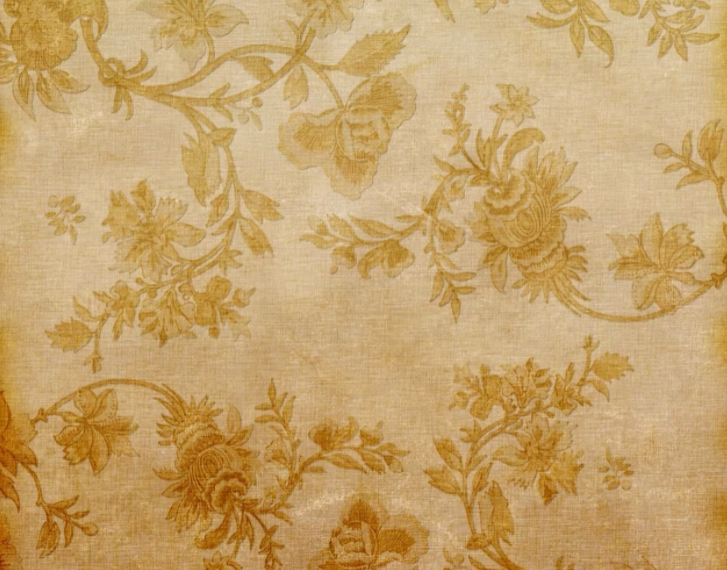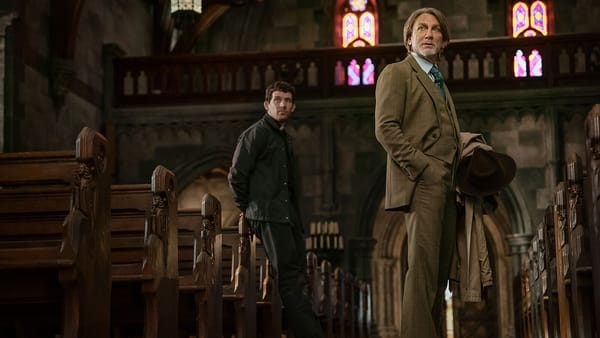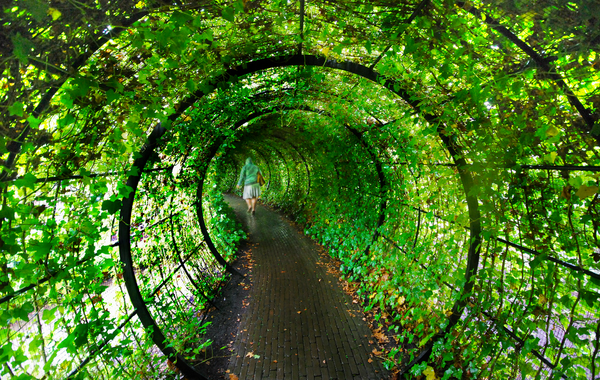Public Domain Day 2025!
Classic cinema, dancing skeletons, reflections on war and a room of your own.
As 2024 draws to a close and 2025 rears its ugly head, there is one bright spot awaiting all of us as we celebrate the best and most important holiday of the year. I am, of course, referring to Public Domain Day.
My primary fascinations are with old things—old books, old movies and whatnot—so I have great interest in tracking which creative works are entering the public domain each year. Public Domain Day, observed on January 1st all around the world, is the day when works with newly expired copyrights become free for people to use and distribute as they like. Each country has its own copyright laws, however, and the titles I'm going to highlight might not be public domain yet in your country (or they might have entered the public domain already). I encourage you to research your local copyright laws and see which public domain works you'll have access to in 2025.
In the United States, where I'm located, Public Domain Day has happened every year since 2019. Under the Copyright Term Extension Act, published works lose their American copyright protection ninety-five years after their initial publication. This means all published works from a specific year enter the public domain at the same time on January 1st. In 2025, for example, all published works from the year 1929 are going public. This is quite a big deal, as the Duke Center for the Study of the Public Domain points out, because "all of the books, films, songs, and art published in the 1920s will now be public domain." That's pretty impressive, if you ask me.
Our previous Public Domain Day was met with much more fanfare and controversy due to the inclusion of the 1928 cartoon Steamboat Willie, the first official appearance of Mickey Mouse. However, that first appearance lacked some of Mickey's more recognizable elements. If you wanted to make a Mickey Mouse horror movie where he has his white gloves on, for example, you were out of luck. Until now! Twelve more Mickey Mouse shorts entered the public domain this year. Among them include The Opry House, when Mickey first donned the aforementioned gloves, and The Karnival Kid, when he spoke for the very first time. Also entering public domain this year is The Skeleton Dance, Disney's first Silly Symphonies short. But there's way more to explore from 1929 than just these offerings. Here are more of the prominent films entering the public domain this year:
- The Coconauts, the feature debut of the Marx Brothers
- The Broadway Melody, MGM's first musical—one of the earliest examples of a Hollywood musical, in fact—and the second film to win the Academy Award for Best Picture.
- Blackmail, Alfred Hitchcock's first feature with synchronized sound
- Hallelujah, one of the first Hollywood films with an all-Black cast
- Un Chien Andalou, the surrealist short film by Luis Buñuel and Salvador Dalí
But perhaps you're more interested in the literature of 1929. You'll find significant titles among this year's public domain offerings, such as:
- William Faulkner's The Sound and the Fury, an modernist novel about the gradual decline of an aristocratic Southern family in the early 20th century. Faulkner was both celebrated and criticized for the book's stream-of-consciousness narration and non-chronological story.
- Ernest Hemingway's A Farewell to Arms, the story of a tragic romance between an American soldier and an English nurse against the backdrop of Italy during World War 1. Hemingway's own experiences as an ambulance driver on the Italian front served as inspiration for the novel.
- Virginia Woolf's A Room of One's Own, a lengthy essay in which Woolf emphasizes the need for women's education and self-expression. "A woman must have money and a room of her own," she declares, "if she is to write fiction."
- A.W. Wheen's English translation of Erich Maria Remarque's All Quiet on the Western Front, one of the quintessential novels depicting and criticizing World War 1. The original German text of the novel entered the public domain last year, while the Best Picture-winning film adaptation will enter public domain next year.
- Dashiell Hammett's Red Harvest, a crime novel in which a detective known only as the Continental Op (an early example of the hard-boiled noir protagonist) ignites a gang war in a mining town rocked by corruption and murder. The novel is perhaps most famous for inspiring Akira Kurosawa's film Yojimbo, which in turn inspired Sergio Leone's A Fistful of Dollars.
- In terms of comics, the earliest iterations of Popeye and Tintin enter the public domain this year, the former debuting in the comic strip Thimble Theater and the latter in the magazine Le Petit Vingtième.
And we can't forget about music! Songs from 1929 (not sound recordings, those follow their own copyright rules) include entries such as:
- George Gershwin's An American in Paris
- "Singin' in the Rain" by Arthur Freed and Nacio Herb Brown
- "Ain't Misbehavin'" by Fats Waller, Harry Brooks and Andy Paul Razaf
- "Tiptoe Through the Tulips" by Alfred Dubin and Joseph Burke
- "Happy Days are Here Again" by Jack Yellen and Milton Ager
As you can see, there's a lot here to be excited about. But with our future looking so uncertain, it's tempting to think forward to what the state of the public domain might be several years from now. Will we still have Public Domain Day here in the US? It's not difficult to imagine another long extension being added to copyrights like what happened in 1998. After all, a lot of famous and still-profitable works are set to enter the public domain during the next decade. Universal still makes a bunch of merchandise and theme park experiences related to their classic horror films, the most famous of which will start becoming public domain in 2027. Disney won't be happy about losing copyright on Snow White and the Seven Dwarfs. Nor do I think Warner Bros. Discovery would willingly give up Gone With the Wind, The Wizard of Oz or the earliest iterations of Superman and Batman without a fight.
But all those potential struggles are still years away, and there are people better equipped than me to speculate on how they might resolve. For now, let's focus on the present: we ought to celebrate the works that are in the public domain and take advantage of our ability to use them in new artistic endeavors. I can't think of a better way to ring in the new year.
For more information on Public Domain Day 2025, check out these articles from The Internet Archive and Duke University School of Law.





